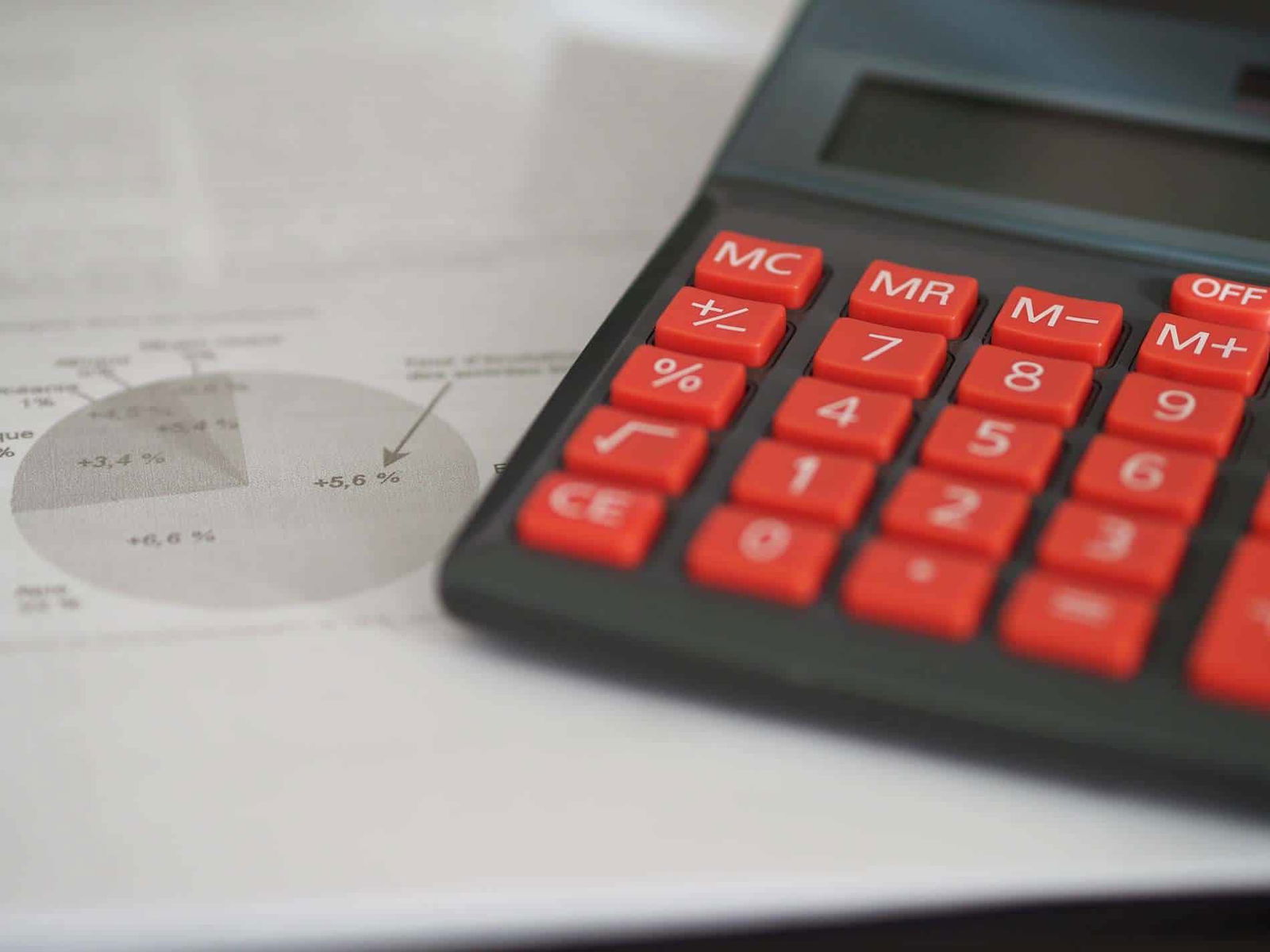Individuals and businesses instruct accountants to deal with a range of financial matters. If you have employed someone as an accountant, it is only reasonable to expect that they will perform their role professionally and that they will not cause you to suffer a financial loss. Occasionally however, things can go wrong whereby you do end up suffering a financial loss as a result of the accountant’s negligence. So, what action can be taken? What is accountant professional negligence?
I have received poor service from an accountant. Can I make a claim?
In most cases, receiving poor service from your accountant is not enough to mean that the accountant was negligent. However, if the accountant is regulated by the Association of Certified Chartered Accountants (ACCA) or the Institute of Chartered Accountants in England and Wales (ICAEW), you may be able to make a complaint.
Can I sue my accountant?
As with all professional negligence claims, there are three elements that make up a successful claim. You must be able to show all three elements; therefore evidence is essential.
1. An established duty of care
The accountant has a contractual liability towards you and a duty of care in negligence. The duties of the accountant will however primarily depend upon the agreement between them and you.
2. A breach of that duty
The accountant must have done something (or failed to do something) in breach of that duty of care. This will be conduct below the standard that would reasonably be expected of an accountant.
3. A loss caused by the accountant’s negligence.
In order to bring a claim against your accountant, you need to be able to show that their negligence caused you to suffer a financial loss.
Common types of accountant professional negligence
As an accountant’s role is broad, there are various examples of the types of negligence we might see. These include:
- Failure to file tax returns on time
- Incorrect share sale valuations
- Negligent tax advice
- Insolvency liabilities
- Failure to detect fraud following an audit
- Calculating PAYE correctly
How much is my claim worth?
This will depend on the circumstances of your case. A professional negligence claim is usually for damages to compensate you for the loss you have suffered and to put you back into the position you would have been in had the accountant acted reasonably in the first place.
In the recent case of Manchester Building Society v Grant Thornton UK LLP, the Court of Appeal decided that the defendant’s negligence had caused the claimant’s loss. However, the Court held that the defendant had not actually assumed responsibility for the claimant’s losses. Therefore, the claimant was not able to recover this as damages. This is because the defendant had been retained to advise on how business activities should be treated in the accounts. They were not responsible for the financial consequences of the claimant’s business activities.
Are there any time limits for bringing a claim?
There are strict time limits that apply if you wish to bring a professional negligence claim against an accountant. That time limit (“limitation“) is usually six years from the date of the negligence. There are, however, some exceptions and we would urge you to act as soon as you become aware of any potential negligence.
Do I need to go to court?
Not all professional negligence claims go to court. Indeed, court proceedings should be seen as a last resort and avoided wherever possible.
Many claims are resolved by negotiation and/or mediation. There is a Pre-Action Protocol which sets out a procedure for such claims to follow. Firstly, the claimant sends a letter of claim to the accountant, setting out the case against them. The accountant then has opportunity to respond, setting out their position. This can often set the wheels in motion to start discussing a settlement.
If you think your accountant has been negligent then you need to act as soon as possible. Our experienced professional negligence team is here to help. Call us today on 0800 988 7756 for a FREE no obligation discussion.




